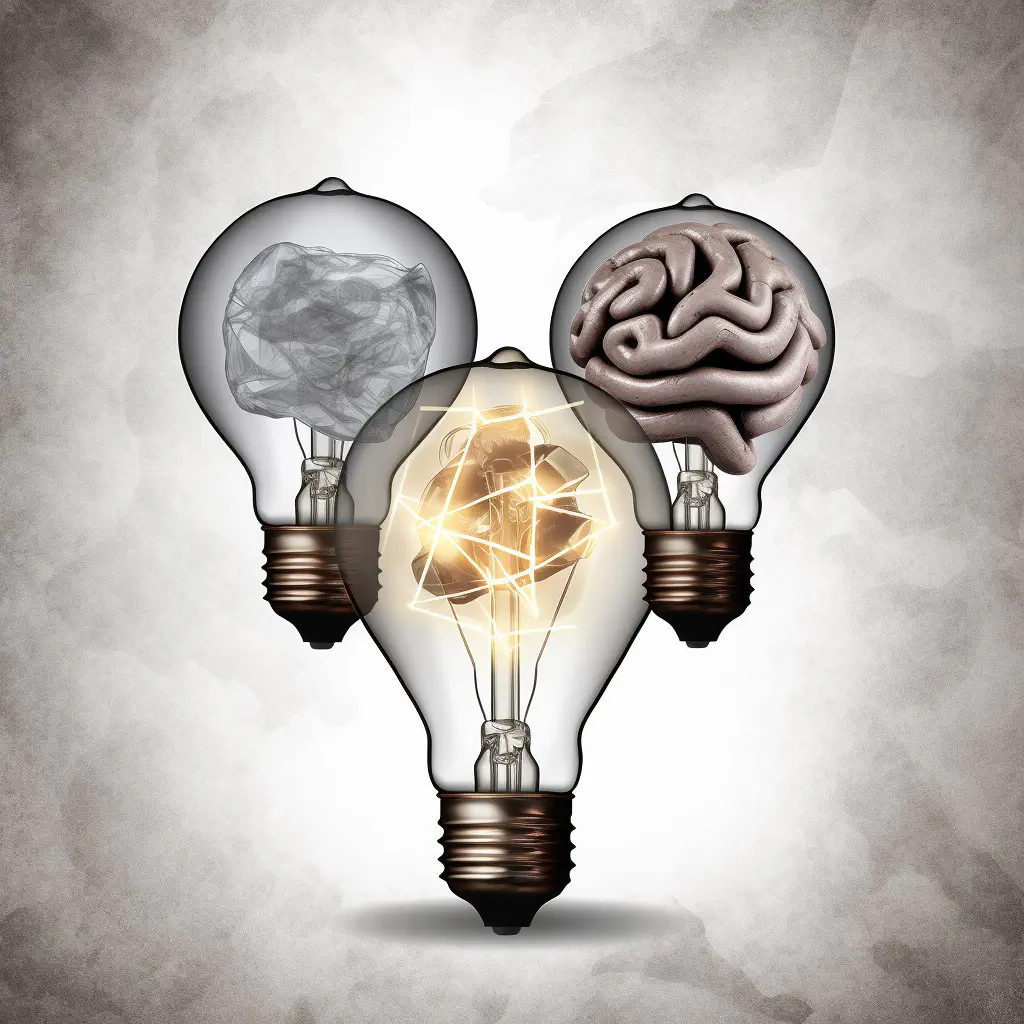
The human mind is one of the most complex and intriguing objects of study in the world. Cognitive science is an interdisciplinary field that brings together experts from various fields, including neuroscience, psychology, and philosophy, to explore the nature of the mind and mental processes. This post delves into the intersection of these disciplines and their contributions to the study of cognitive science.
Neuroscience
Neuroscience is the study of the nervous system and its relationship to behavior, cognition, and other physiological processes. It is a branch of biology that uses advanced technologies to investigate the brain and its functions. Neuroscientists study the structure and function of the brain at various levels, from the molecular and cellular level to the whole organism level.
Neuroscience has made significant contributions to the study of cognitive science by providing insights into the neural mechanisms that underlie cognitive processes. For instance, studies of brain damage and dysfunction have helped researchers understand the role of different brain regions in specific cognitive tasks. Brain imaging technologies, such as functional magnetic resonance imaging (fMRI), have also revolutionized the study of cognitive processes by allowing researchers to observe the activity of different brain regions in real-time.
Psychology
Psychology is the scientific study of behavior and mental processes. It aims to understand the human mind and its interactions with the environment. Psychologists use a range of research methods, including experiments, surveys, and case studies, to investigate mental processes such as perception, attention, memory, language, and problem-solving.
Psychology has played a crucial role in the study of cognitive science by developing theories and models that explain how the mind works. For instance, the cognitive model of information processing suggests that the mind is like a computer that receives, stores, and retrieves information. Other theories, such as the connectionist model and the embodied cognition model, propose different mechanisms for how the mind works.
Philosophy
Philosophy is the study of fundamental questions about the nature of existence, knowledge, values, reason, and ethics. It is a discipline that seeks to understand the world and our place in it through critical thinking and rational argumentation. In the context of cognitive science, philosophy contributes to the study of the mind by examining foundational questions about the nature of consciousness, perception, and free will.
One of the key philosophical debates in cognitive science concerns the nature of consciousness. Some philosophers argue that consciousness is a fundamental property of the universe, while others believe that it arises from the interactions of simpler processes. Another philosophical debate concerns the nature of perception. Some philosophers argue that perception is a passive process that reflects the objective properties of the world, while others suggest that it is an active process that involves interpretation and inference.
The Intersection of Neuroscience, Psychology, and Philosophy
The intersection of neuroscience, psychology, and philosophy has led to exciting developments in the study of cognitive science. For instance, neurophilosophy is an emerging field that seeks to bridge the gap between neuroscience and philosophy. It uses insights from neuroscience to inform philosophical debates about the nature of the mind and consciousness.
Another area of intersection is the study of cognitive biases. Cognitive biases are systematic errors in thinking that can lead to inaccurate judgments and decisions. Psychologists and neuroscientists have identified numerous cognitive biases and are exploring their neural underpinnings. This research has important implications for fields such as economics, law, and public policy, which often rely on accurate decision-making.
Cognitive science also has practical applications in areas such as education and healthcare. For instance, cognitive science research has helped develop evidence-based teaching methods that are more effective in promoting learning and retention. It has also informed the development of interventions and therapies for mental health conditions such as depression and anxiety.
Moreover, the interdisciplinary nature of cognitive science has led to the development of new fields such as cognitive linguistics, which examines the relationship between language and thought. Cognitive science has also influenced other fields such as artificial intelligence and robotics, where researchers are seeking to develop machines that can perform cognitive tasks such as perception, reasoning, and decision-making.
In conclusion, cognitive science is an exciting and rapidly evolving field that brings together experts from various disciplines to explore the nature of the mind and mental processes. The intersection of neuroscience, psychology, and philosophy has led to important insights into the mechanisms of cognition and their neural underpinnings. This interdisciplinary approach has practical applications in areas such as education, healthcare, and technology, and has the potential to transform our understanding of the human mind.

